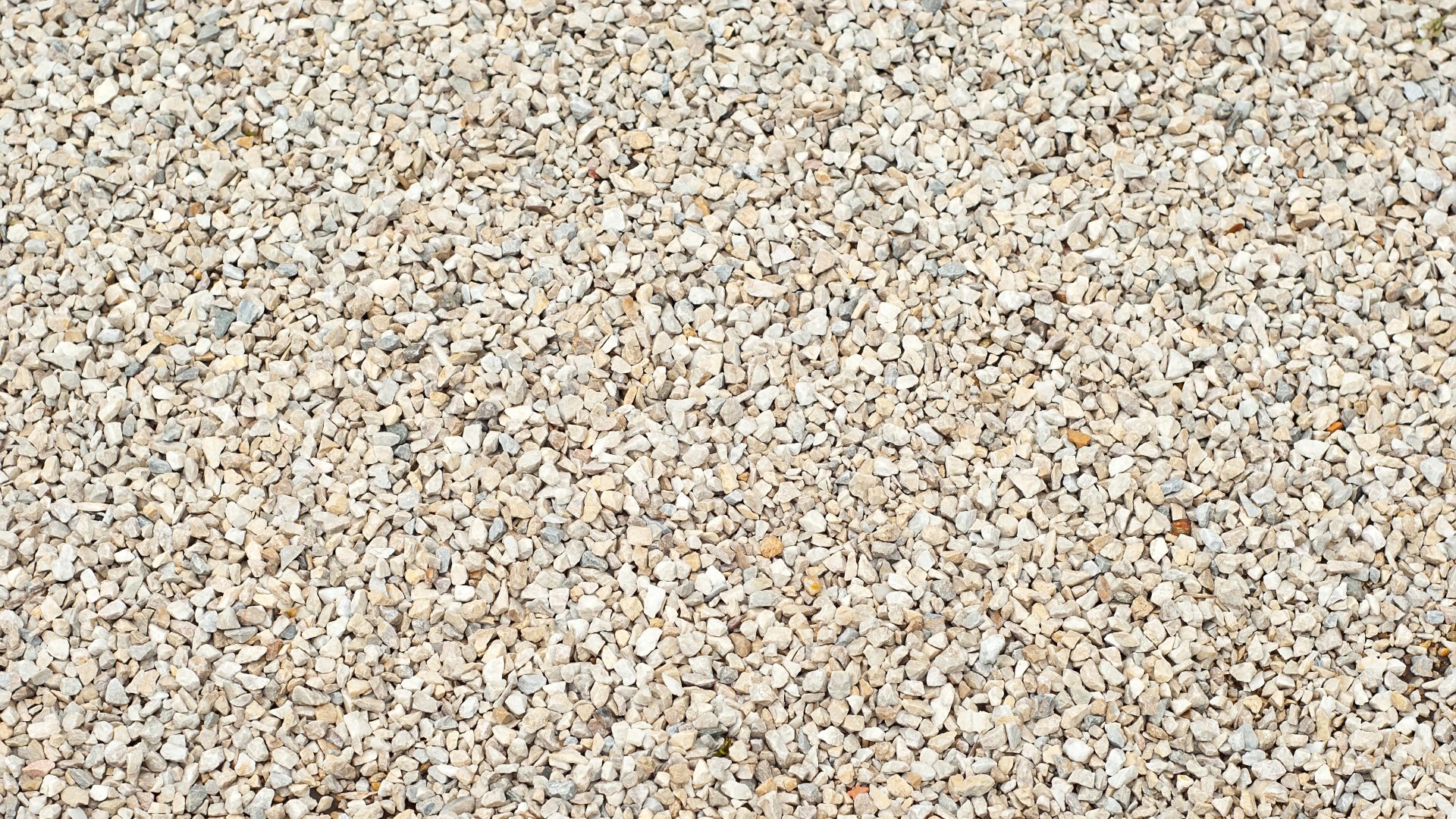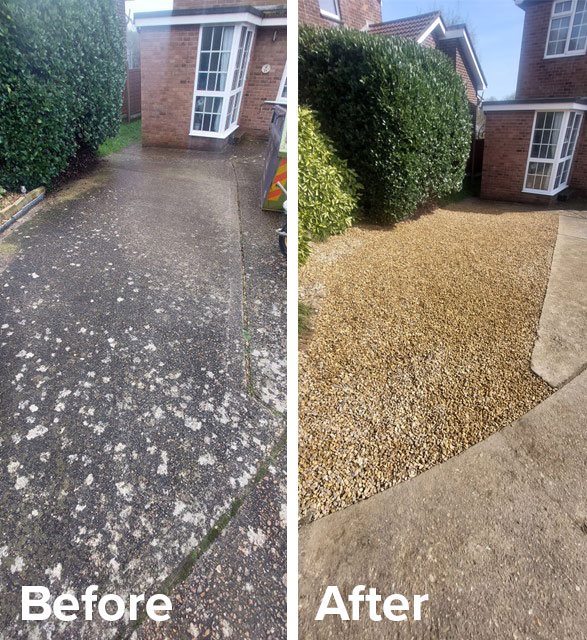Southern Water is paying for new driveways in an Isle of Wight village so homes and local drains and sewers are protected from deluges of surface water following heavy rain.
The company is reimbursing residents of Binstead, near Ryde, to replace their impermeable paved and concrete driveways and yards with permeable alternatives such as gravel and cobblestones. This slows the flow of rain by allowing it to slowly be absorbed into the environment instead of running straight into drains and the combined sewer network, where it joins with wastewater.
Villagers have experienced a number of flooding events in recent years, largely due to this excess surface water, and the ‘de-paving’ pilot is one of several measures Southern Water, Isle of Wight Council, and the Environment Agency are taking to tackle the problem.
Southern Water has had to activate its Binstead storm overflow up to 20 times a year to prevent further flooding of homes and businesses when sewers have become overloaded with surface water. The de-paving scheme is also intended to reduce reliance on storm overflows.
Almost 250 sqm of impermeable surfaces have been removed so far in Binstead since the pilot launched six months ago, with residents offered up to £75 per sqm replaced. If 10mm of rain were to fall on that area in one downpour, it would create nearly 2.5 tonnes of surface water, which would run into Southern Water’s network. This water will now be absorbed into the environment instead.
Southern Water plans to use data gathered from the scheme to inform a wider roll-out across the South East, with the aim of replacing around 4,000 non-permeable driveways and more than 1,100 hectares of hard surfaces over the next five years to reduce storm overflows and associated flooding.
Binstead resident Adele Norman replaced her driveway and patio with permeable alternatives under the scheme, after suffering from garage flooding in the past.
She said: “My new permeable driveway and patio are a vast improvement aesthetically and, more importantly, they have resolved the surface water issues. Such a scheme not only has benefits for myself, but also the wider community. I hope that my involvement in this programme will encourage other residents to consider the part that they can play in reducing the flood risk in the local area.”
Southern Water engineer Harry Buckingham, who has headed up the pilot, said:
“The increase in paved gardens and driveways in the UK makes flooding more likely and contributes to storm overflows being activated. We are committed to reducing overflows and helping customers to slow the flow of water entering the system through measures including water butts, soakaways and permeable driveways.”




